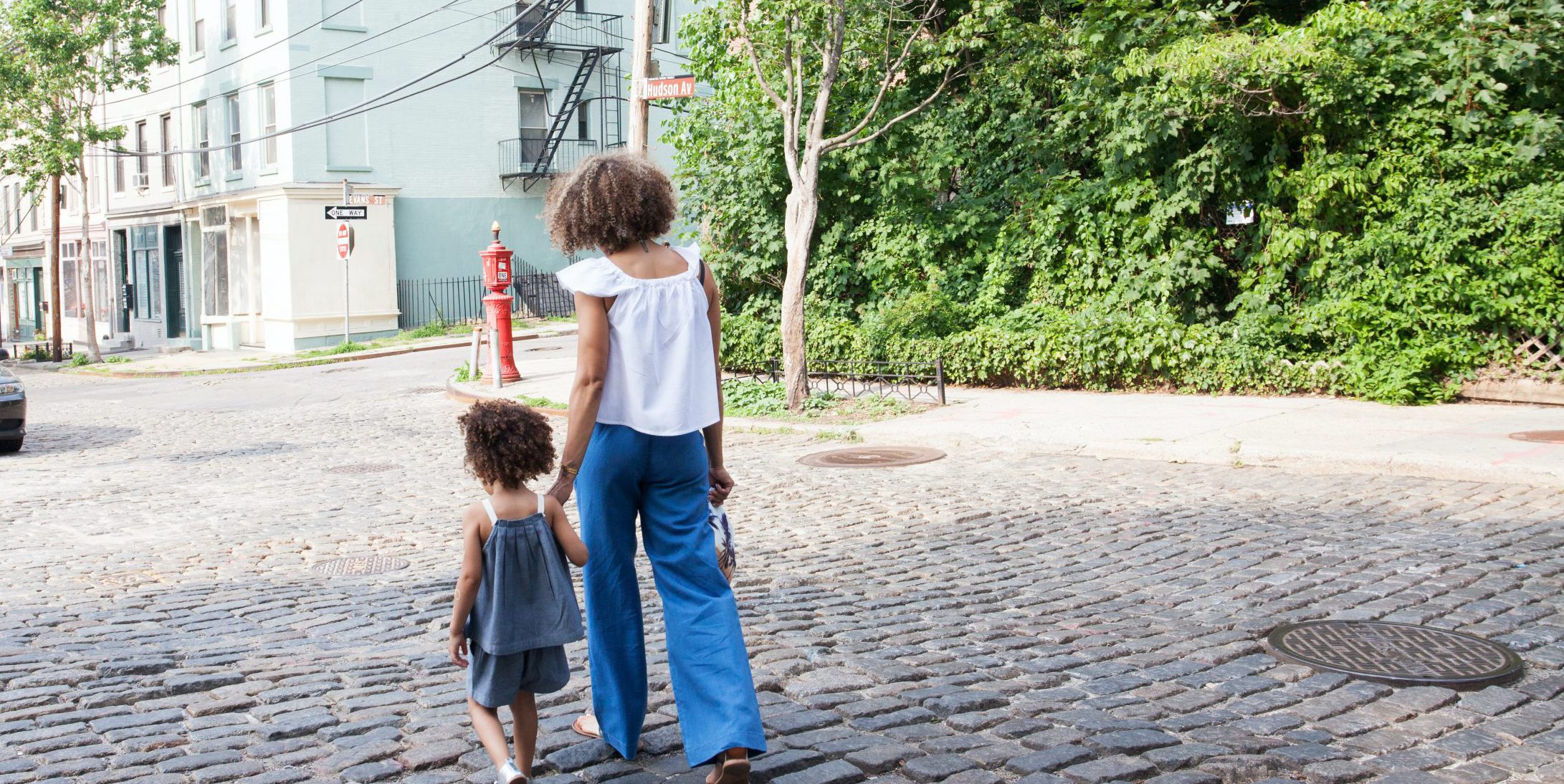Mindful Parenting and Trust

“Parenting is a mirror through which we can see our best and worst selves. The richest and most horrifying moments of life…” Myla & Jon Kabat-Zinn
Parenthood is like an open invitation for our child to accompany us on our inner journey. While our children fill us with a love beyond our dreams, they may also reveal unaddressed, latent feelings of anger, impatience, and intolerance. While experiencing these feelings may be uncomfortable, they can also provide potential opportunities for growth and deeper connection to our bodies.
Children inspire us to work on our inner dynamics. Sometimes we may think that they are pushing all our buttons, awakening all our insecurities, and testing limits, because they touch upon those parts of us that we have not yet explored. Even if we don’t notice it in that moment, these moments of discomfort bring us closer to ourselves, open new doors, nourish our inner world, and strengthen us.

Mindful parenting is about realizing and understanding the real needs of children and being able to see and interpret their signals; it is within our capacity to approach them with a loving, affectionate, accepting, non-judgmental, and sincere attitude. It is a parenting concept that approaches the child with genuine curiosity in the present moment. In fact, though it may seem easy to say, it is not always that easy to approach children without judgment and with acceptance in daily life.
As 21st-century parents, we often feel the pressure of being “a better parent”. All this effort to do better and to provide more takes us away from the present moment and can be very stressful. Let’s take this predisposition toward “perfectionism” and put it aside so that we can discover together how being a mindful parent can ease the burden on our shoulders.

How do I create a heart-to-heart relationship with my child?
Every child is one of a kind. From the beginning, we want to build a heart-to-heart relationship with our children. We can support this relationship by empathizing, encouraging their sense of self, and creating a safe, welcoming environment. However, there are some expectations or judgments that can hold us back: the collective attribution of parenting as a competition, inner and outer critical voices, increase in academic expectations for the children, and so on. All these things and more can impede our desire to cultivate a heartfelt relationship because there’s excessive pressure put upon us.
These critics and the overwhelming pressure to “succeed” can lead us to label both our parenting and our children. For example, we may find ourselves calling our children overly sensitive, very active, fussy, picky, negative, or shy. These labels distract us from the present moment and make it difficult for us to see our children exactly as they are, as ever-evolving human beings. Instead, we begin to see our children through these labels, as fixed. This can make us more judgmental in the relationship. However, children change all the time, and their parents and caregivers are precious to them in their colorful worlds.
So how can we handle these judgmental voices? Let’s reflect on some of our core caregiving beliefs.
- Is it possible to evaluate every moment in and of itself?
- Could our child’s behavior be reminding us of someone from our own past?
- How have we addressed this behavior before?
- How did our caregivers approach us when we behaved like this in our own childhood?
- Do I respect my child solely for their presence? Or is respect something that needs to be earned or proven?
All these reflections can shed light on how we approach our children today.

Children deserve unconditional love in any situation and we want to embrace our children with endless love. At the same time, our children need calm and compassionate guidance. They want to know that the captain of the ship will safely dock them at the port. The task of the captain is to create healthy and inclusive boundaries for passengers. The captain takes some measures and sets limits, taking the safety of the passengers into account. These decisions may not always please the passenger, they may upset or disappoint them. However, these rules are required in order to arrive safely at the destination. Being the captain of the ship requires being there for them in a gentle and inclusive manner. Offering inclusiveness also means embracing all the disappointment and sadness that arises along the way because unpleasant emotions, as well as pleasant feelings, are a part of life. Accepting one emotion and denying the others is like erasing an important part of ourselves.
Often, when our child experiences an unsettling emotion, we ask them to ignore it or to move on. It’s easy to be present with our children when they are feeling okay, but they need our attention and presence just as much during their unpleasant moments. We can seize dozens of opportunities for connection every day by staying present with them in their unpleasant moments. Are we going to use these challenging moments as an opportunity for growth or will we just run away? There is an important difference between the two and the former helps to build our child’s psychological resilience.

“My child doesn’t listen to me at all!” What do we mean by listening? Do we mean attunement, compliance, or obedience? Are we really listening to them? Do we know what they do and do not like, what does or does not make them feel good, or when they feel safe or insecure? Listening is not only sitting in silence but is also the act of silencing the mind. Listening is the act of being in the present moment without thinking about our next response. As Rumi said, our words pass through three gates: ‘’Is it true? Is it necessary? Is it kind?”
Addressing every challenging behavior as if we’re encountering it for the first time allows us to approach the behavior from a place of genuine curiosity. Can you invite another flexible perspective rather than fixing your child with statements like, “They’re always like that”? When a challenging behavior or emotion arises, we can ask these questions:
“What exactly is happening here and now?”
“What’s the reason behind this challenging moment or emotion?”
“How can I support my child?”
When we can look through the eye of the heart, we realize the needs of our children which they cannot express with their words and we can actually begin to hear their voice. Thus, a rhythm is formed between us, like a sweet melody. Witnessing this magnificent existence often means just being able to simply stay still. When our children feel that they’re seen, heard, and safe, that tiny sprout of connection grows deeper every day.
Translator: Ebru Peközer




